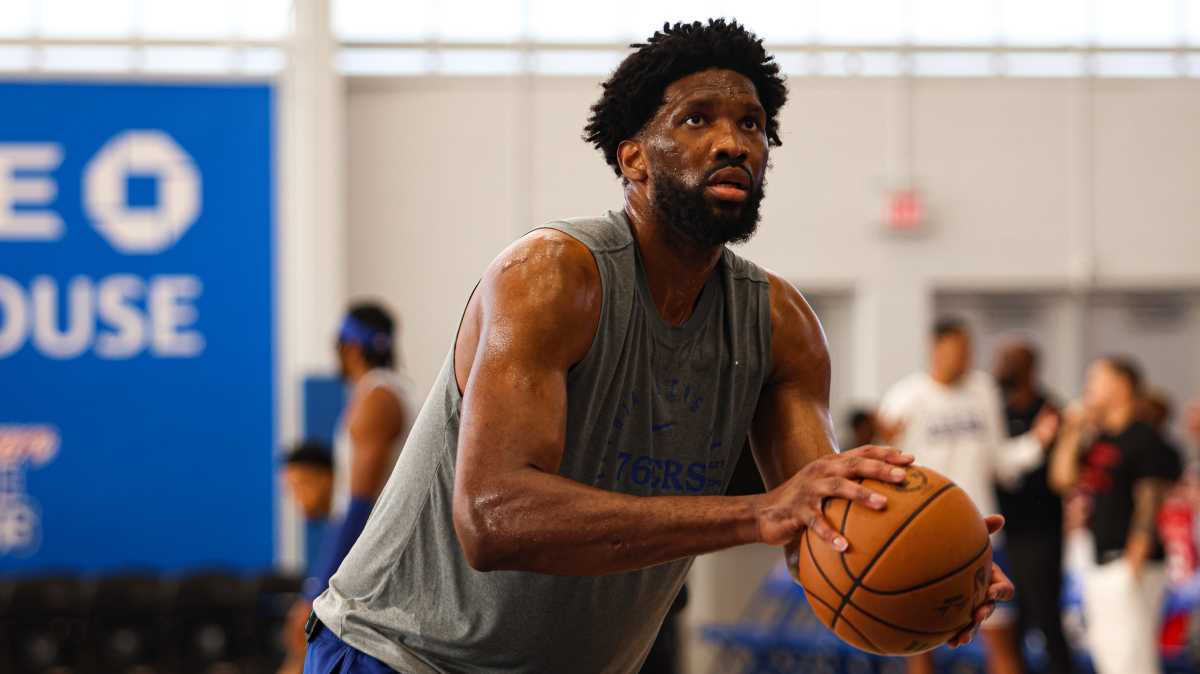Like most people who heard Aron Ralston’s story, Danny Boyle didn’t forget it when he put down the paper. Ralston did, after all, amputate his own arm to escape a boulder that trapped him in a canyon, then repelled down a cliff and hiked through Utah’s Canyonlands National Park to find help.
Now — after convincing someone to fund an action movie set almost entirely in a crevice and casting James Franco to carry the film essentially alone — Boyle’s ready to premiere “127 Hours,” his gorgeous, tense, and unfathomably action-packed depiction of Ralson’s grueling six days.
It’s an adventure film in a space smaller than a cubicle. How did you sell that one?
In movies, you pay your money, and you go into this black box with these other people, and you sort of are voluntarily trapped with all of these people — unless it’s shit and you walk out — but I always thought there was some equation where this would work. Now, explaining it to other people was hard. But I said it won’t be boring, it’s an action movie. I mean, OK, he can’t move, but it’s an action movie — his mind, his heart, everything’s really moving, all the time.
Essentially, it’s a one-man show. What made you cast James Franco?
The first time I met him it wasn’t a very good meeting. He does this thing where he looks stoned the whole time, like half asleep. And you think, “Am I here? Does he know I’m here?” But then we had another meeting in L.A., and it was fantastic. That sleepy thing he does is a front that he puts up to sort of protect him from all the Hollywood stuff.
What are the challenges of filming in such a tiny, claustrophobic space?
I wanted the crew to be frustratingly restricted, and they were. And they were annoyed about it, you could tell, but I think that was part of the deal. Because when you watch a movie, I think you do know if there’s a cheat. James should only have what Aaron had, nothing more. We were very tough. The only difference was, obviously, if he wanted to pee, we allowed him to go to the restroom. And obviously, we kept him hydrated. Because if you do without water for a day, you’re in danger straight away.
What initially attracted you to this story?
There are certain stories that snag on in your brain. Lots of this stuff goes on all the time in the world, but some of it — like the Chilean miners — there’s worldwide fascination with it. I mean, that’s happened before, miners get trapped and dug out, but this one, there was something about it. And there’s something about Aron’s story.
I read his book when it came out and I wanted to make a film about it. I wrote a synopsis, a kind of idea how to do it, and I approached him on his book tour. And I described to him how I wanted to do it. I wanted to do an intense experience for an actor, not a documentary. But at that time, he wanted to do a documentary; he wanted to be in it so that he guided the story. But then we did “Slumdog,” and suddenly everyone trusts you for a brief sort of moment, they think you know what you’re doing, so you go “Oh yeah, of course I know what I’m doing.”
IF YOU GO
“127 Hours” closes the Philadelphia Film Festival this weekend with screenings Saturday (7 p.m.) and Sunday (7:20 p.m.) at the Prince Music Theatre. Visit www.filmadelphia.org for tickets.

























